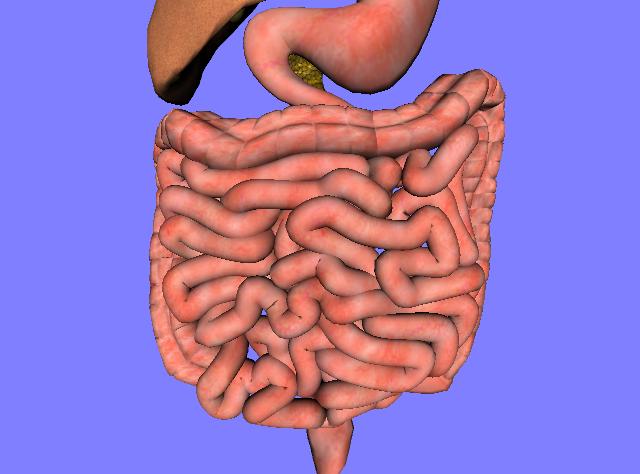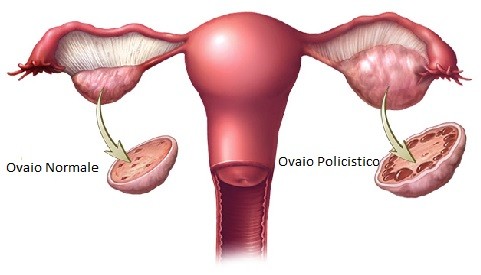It may sound strange, but the holiday season can be a significant period of stress and a risk to good health and fitness.
Looming over the condition of well-being are two concrete threats: stress and food.
Stress may result from the many preparatory activities of the Christmas Day festivities and the coming of the New Year, which include social obligations, remembering for greetings from neighbors, relatives, and friends, decorations to be finished, gift shopping, cards to be written, menu selection, and food preparation.
Somehow, these activities, in addition to representing welcome and positive thoughts and emotions, can also become a reason for anxiety, worry, and stress, generating nervousness, negative moods, and a growing sense of physical fatigue.
In order not to be overwhelmed by stress and spoil the good mood of the festive days, it is better to be more pragmatic and content with the activities you are able to carry out, without setting yourself performance obligations.
It can help prevent stress not to suspend during the holiday season one’s small personal habits such as relaxing for half an hour after lunch, reading the newspaper, listening to favorite music. In short, avoid disrupting the menage because of the holidays, continue with exercise or favorite sports, which not only ensure good physical fitness but also help maintain a good mood and a calm and positive attitude.
The other looming threat of the end-of-the-year festivities is food, in all its traditional Christmas fare.
The many and varied dishes of the Christmas and New Year’s Eve traditions, while representing the beauty and richness of the holiday, the delight of the eyes and the palate, if not consumed in moderation and at a slower pace, can become a reason for dietary discomfort, indigestion, gastric or intestinal disorders, with significant consequences on good health.
Lunches and dinners should not turn into big binges, on the occasion of which all, really all, of the courses on the menu should be eaten, but rather a choice should be made, guided by taste and common sense, especially always keeping in mind that the stomach’s filling capacity is limited with respect to the amount of food offered on the table, and also with respect to the different types of food, eaten for the pleasure of gluttony, regardless of whether they are compatible with each other, whether they are particularly demanding on digestion.
It should be borne in mind that compared to weekday meals from the average calorie count of 1300 to 1700, in obsession with a Christmas or New Year’s Eve dinner table this number can exceed 2000 calories, causing the binge victims to suffer effects such as:
- stomach bloating;
- sluggish digestion and reddo shivering due to blood drawn from the extremities of the body to help the overloaded stomach;
- severe drowsiness;
- sense of oppression and difficult breathing;
- nausea and belching;
- sometimes vomiting;
The attraction to food is understandable, as is the pleasure of the table and conviviality, which allow the many flavors of traditional dishes to be shared with family and friends, not only moved by the goodness of the food but also by the excitement of the feast.
Binge eating, even if occasional, remains a compulsive way of enjoying food, comparable as a mechanism to what happens in eating disorders, and leaves people in a psychological condition of “guilt” for giving in unrestrainedly to the urges of food without having been able to adopt a more moderate and mature behavior that would preserve good physical shape and a health condition that would allow them to live and enjoy the banquet and the feast.
A binge therefore can bring with it a range of physical ailments from indigestion to the appearance of a negative mood, conditions that alter good health and spoil the party.




































































































